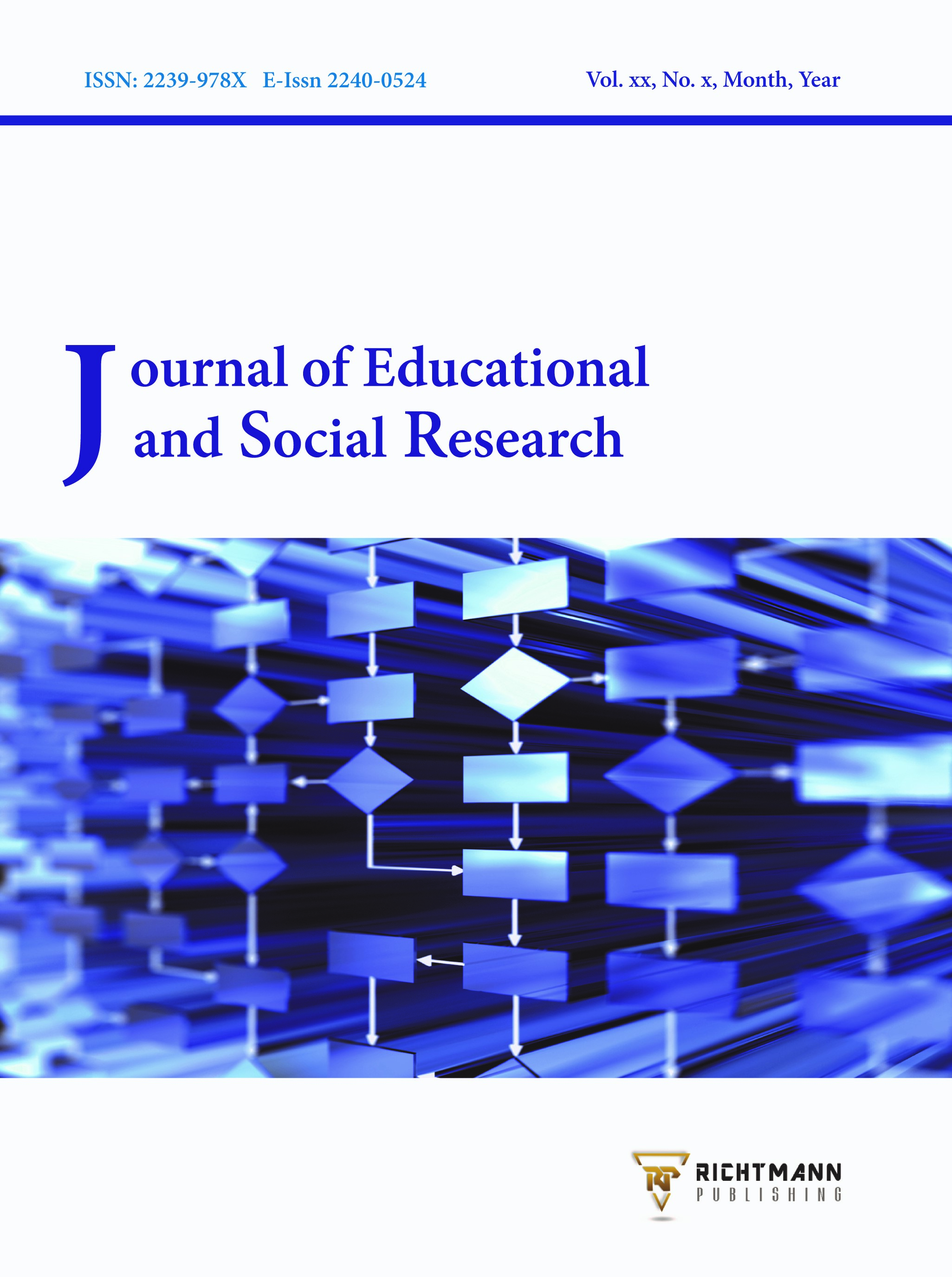Investigation the Association Between the Moroccan High School Chemistry Program and Students’ Reasoning
DOI:
https://doi.org/10.36941/jesr-2023-0137Keywords:
achievements, concepts, teaching of chemistry, redox knowledge, microscopic structure, spiral progressionAbstract
In this study, we discuss the achievements of learners and their abilities to mobilize these achievements in solving complex and everyday life situations. For this purpose, we analyzed the institutional guidelines for the teaching of chemistry, in particular redox transformations and some related concepts. Then, we developed a test targeting two categories of items: the first category covers epistemic aspects while the second goes over the mobilization of redox knowledge in everyday life. This test was administered to a sample of high school students. The results of this empirical research indicate that these learners only master some fragmented knowledge and therefore they cannot mobilize it in an integrated way in everyday situations. The analysis shows that the majority of the difficulties identified can be interpreted by a poor appropriation of chemical concepts related to the microscopic structure of the substance. The difficulties encountered could stem from the structure of the program recommended in the curriculum and the methods of assessing learning. Indeed, our content analysis reveals that the didactic transposition operated for the conceptualization of the concepts related to chemical transformations rather favors the memorization of declarative and procedural knowledge. Moreover, the construction of knowledge follows a linear and not a spiral progression. The current research explores these empirical findings and proposes implications for content progression, learning and assessment of learning.
Received: 24 June 2023 / Accepted: 09 August 2023 / Published: 5 September 2023
Downloads
Downloads
Published
Issue
Section
License

This work is licensed under a Creative Commons Attribution-NonCommercial 4.0 International License.
This work is licensed under a Creative Commons Attribution-NonCommercial 4.0 International License.









